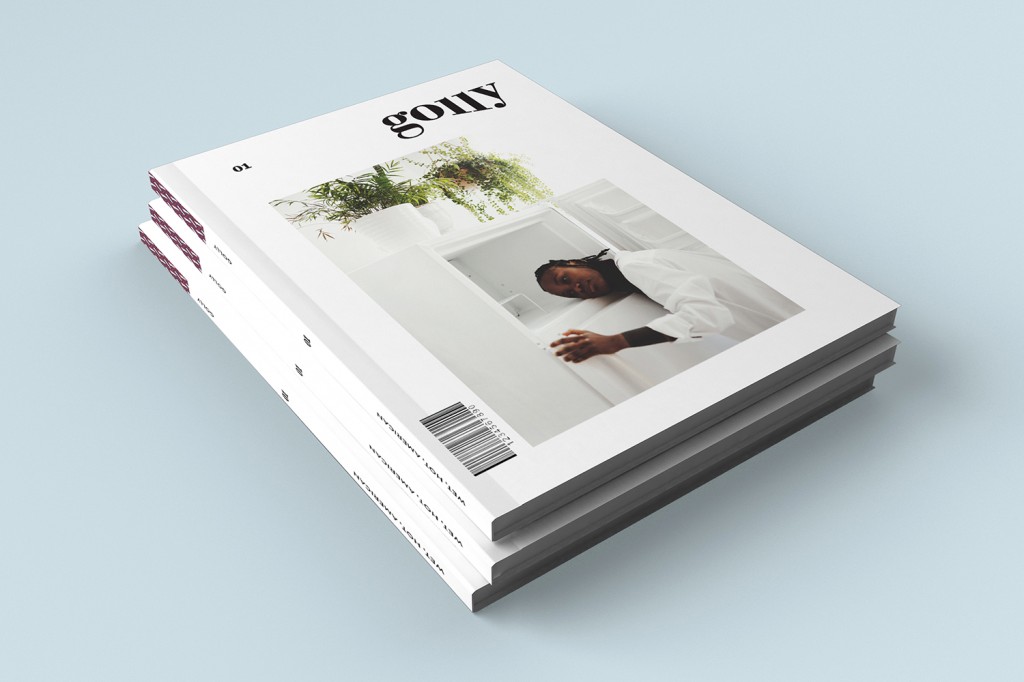[responsive] [/responsive]What happens when a couple of smart, savvy and entrepreneurial women see a gap in the magazine market place? They aim to fill it, in a most unusual way.
[/responsive]What happens when a couple of smart, savvy and entrepreneurial women see a gap in the magazine market place? They aim to fill it, in a most unusual way.
“I wanted to create something that would be relevant to women we actually know, instead of the idea of a woman that doesn’t even exist,” explained Golly founder Roxanne Fequiere in an interview with Casey Lewis in Racked.
“Golly—a magazine whose first issue includes a profile of a female NASA scientist, a review of eco-conscious beauty apps, and a houseplant photo spread—certainly speaks to that mission, and it’s been a fulfilling endeavor for the pair, even if it did require pooling their savings and taking creativity-killing business classes to get the project off the ground,” notes Lewis.
Avid magazine readers, Fequiere and co-creator Alley O’Shea started brainstorming about the “why” behind magazines, after being let down for years by the so-called “women’s interest publications” on the newsstands.
“I called [Ally] and said, ‘Hey, I don’t even know what I’m really talking about right now, but if I had a publication—which I don’t—this is what I’d like it to be,” says Fequiere. “Would you want to get together and talk about it?’
“Ally was interested but skeptical. After all, who starts a print publication these days, particularly when you’re still in the just-trying-to-make-it stage of living in New York City?” notes Lewis.
Rather than seeking to land one or two large investors, the team turned to Kickstarter to help them get their magazine off the ground. This allows them to maintain editorial control over the project, something that was important to both of them. And they were adamant that they didn’t want their writers to work for free, something they see as all too common in magazines today.
The project has been fully funded on Kickstarter, and they are off and running on their second issue. It’s a brave new world out there in the magazine industry, and out of the box thinking like this can be the difference between launch and failure.

September 24, 2014, 8:54 am
An inspirational story for those of us, mostly over 50, that still believe in the power of special interest, niche print publications. I especially like their comment, “And they were adamant that they didn’t want their writers to work for free, something they see as all too common in magazines today.”
Thanks for sharing David.